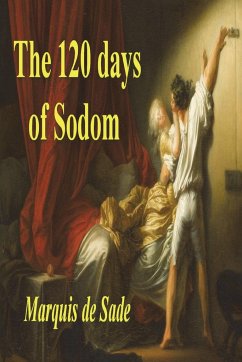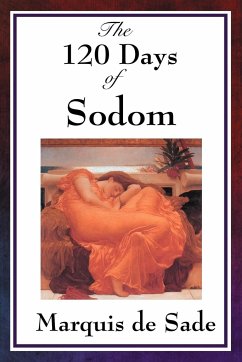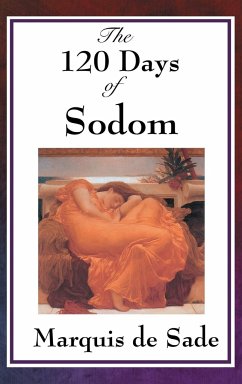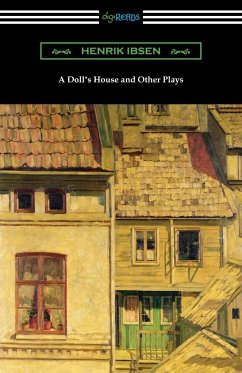The Marquis de Sade was a French aristocrat, revolutionary, and writer of philosophy-laden, and often, violent pornography. He was a philosopher of extreme freedom, unrestrained by morality, religion or law, with the pursuit of personal pleasure being the highest principle. There is perhaps no more infamous figure in all of literature. The 120 Days of Sodom is an unfinished novel written in 1785 and published in 1904 after its manuscript was rediscovered. Described as both pornographic] and erotic, its plot revolves around the activities of four wealthy, male libertines who, in the four months of one winter, attempt to seek out the ultimate sexual gratification through orgies, sealing themselves away in an inaccessible castle in the heart of the Black Forest in Germany with a harem of thirty-six victims, mostly male and female teenagers.[5] During this, they engage four female brothel keepers to tell the stories of their lives and adventures; the crimes and tortures in the women's narratives inspire the libertines to similarly abuse and torture their victims, which gradually intensifies, increases in violence, and ends in their slaughter.








